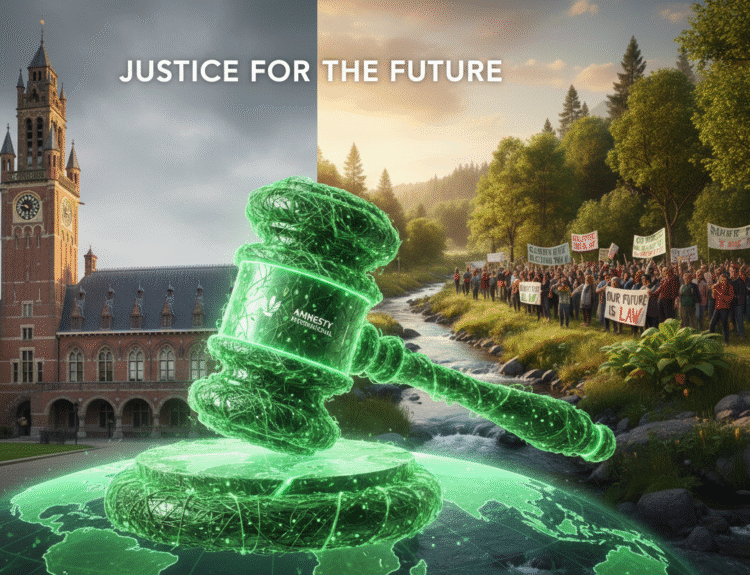A grievance redressal forum for workers doing jobs in private or public sector establishments, the National Industrial Relations Commission (NIRC) marked May 1 as International Labour Day in collaboration with the International Labour Organization (ILO) Pakistan on Thursday with an objective to keep national industry move forward while safeguarding workers constitutional rights.
Under the aegis of incumbent Chairman of the NIRC Justice (Retd) Shaukat Aziz Siddiqui, International Labour Day Conference was organized with the theme “Workers and Employers in 2025: Navigating Change with Harmony. Pertinently mention that soon after Justice (Retd) Siddiqui assumed office of the NIRC Chairman, significant institutional reforms were implemented including resolution of case backlog. He has introduced video link facility for lawyers of both petitioners and respondents. These changes have created a more accessible and efficient mechanism for those seeking legal remedy under the jurisdiction of NIRC. Besides, implementation of the NIRC decision has been strengthened which was at doldrums earlier.
In his opening remarks at the conference, Justice (Retd.) Shaukat Aziz Siddiqui, Chairman of the NIRC, lauded the support of the ILO in finalizing the theme: “W” stands for Worker and “E” for Employer—together forming “WE–2025.” He expressed that this is the time to move forward with tolerance, affection, and forgiveness to promote harmony in national industry and ensure the protection of workers’ rights.
Addressing to the conference, Mr. Geir Tonstol, Country Director, ILO Pakistan commended the NIRC leadership which is institutionalizing dispute resolution and safeguarding the industrial harmony. He expressed saying the event will bring together workers’ and employers’ representatives, government officials, legal experts, and civil society partners to promote dialogue for a more inclusive, fair, and resilient world of work. He was of the view key discussions has explored pathways to strengthen industrial harmony, enhance dispute resolution through digital innovations, and reinforce access to timely labour justice – specially in the context of labour law reforms and institutional strengthening in Pakistan.
Addressing to the conference participants Justice Jamal Khan Mandokhail, Judge of the Supreme Court urged the government to recognize mining as a formal industry, highlighting the harsh and often deplorable conditions facedby workers, particularly miners in Khyber Pakhtunkhwa and Balochistan.
Delivering the keynote address as chief guest, Justice Mandokhail emphasized that in the eyes of the law and Islam employers and workers are equal, and the Supreme Court stands as the ultimate guardian of their rights. He expressed deep concern over the absence of institutional safeguards for mine workers and called for legal and administrative reforms to ensure their protection and welfare.
“A judge must follow the law, but justice is not limited to the courts. Every individual is responsible for ensuring justice in their actions,” he said. Citing Article 17 of the Constitution of Pakistan, he termed right to association as a fundamental right saying labour unions must work to protect legal rights while promoting harmony. “Cordial relations and mutual consultation between employees and employers can help reduce the growing backlog of labour-related cases in courts,” he concluded.
On the occasion, Justice Jawad Hassan of the Lahore High Court underscored dire need of mediation to resolve issues between worker and employer citing preamble of NIRC Act 2012 and interconnecting it with a number of top court verdicts. He applauded Pakistan’s legislative framework for labour rights, saying the country has a long-standing tradition of progressive labour laws, starting with the Industrial Relations Ordinance of 1969. “Pakistan has signed nearly all 48 international treaties relating to labour rights,” he added.
One of the key speaker a Jurist Barrister Dr. Zafarullah Khan cited the Holy Quran in stating that the mission of the Prophets was to establish justice. He added that “According to Islamic teachings, lawful and hard-earned income is not just permissible—it is an act of worship. Islam replaced slavery-based labour systems with principles of liberty, equity, and dignity.”
A technical session followed the inaugural speeches, featuring addresses delivered by Muhammad Asim Khichi, Managing Director of Associated Press of Pakistan; Tahir Yaqoob Bhatti, President of ZTBL; Shoaib Adi, Additional Secretary, Pakistan Railways; Faisal Nisar Chaudhry, MD of Utility Stores Corporation; and Mir Ibrahim Rehman, CEO of Geo TV.
Federal Law Minister Azam Nazeer Tarar assured for deliberation in legal and legislative business relating to worker welfare . He also sought suggestion from Chairman NIRC Justice (Retd.) Shaukat Aziz Siddiqui for amendment in the existing labour law.
Labour leaders including Syed Nazar Ali, General Secretary of the Employees Federation of Pakistan; Khurshid Ahmad, General Secretary of the WAPDA & Hydro Power Employees Association; Shams ur Rahman Swati, President of the National Liberation Federation; and Chaudhry Yasin, General Secretary, Employees Federation of Pakistan, shared their perspectives on strengthening labour-employer cooperation.
The event was attended by a large number of workers, legal experts, and dignitaries, including Justice (Retd.) Mian Shakirullah Jan, former Supreme Court Judge; Syed Atique Shah, Chief Justice of the Peshawar High Court; Mr. Geir Thomas Tonstol, Country Director of ILO Pakistan; and Salman Mansoor Siddiqui, General Secretary of the Supreme Court Bar Association.




